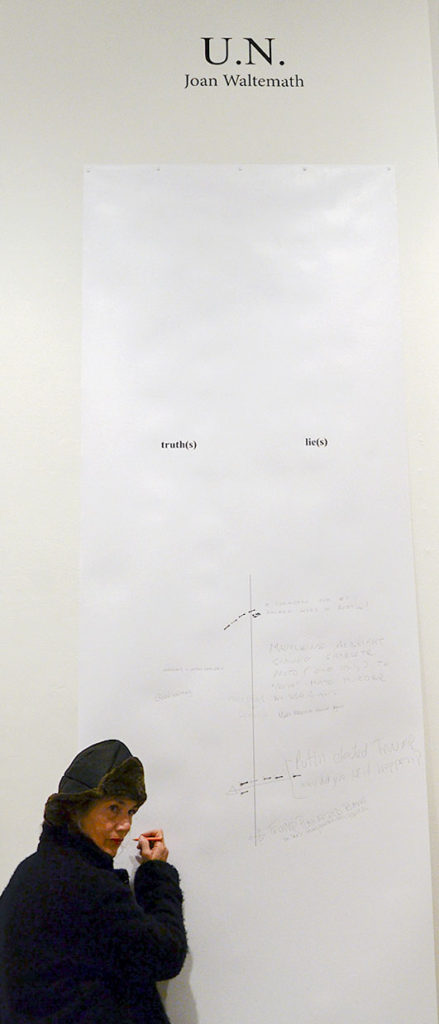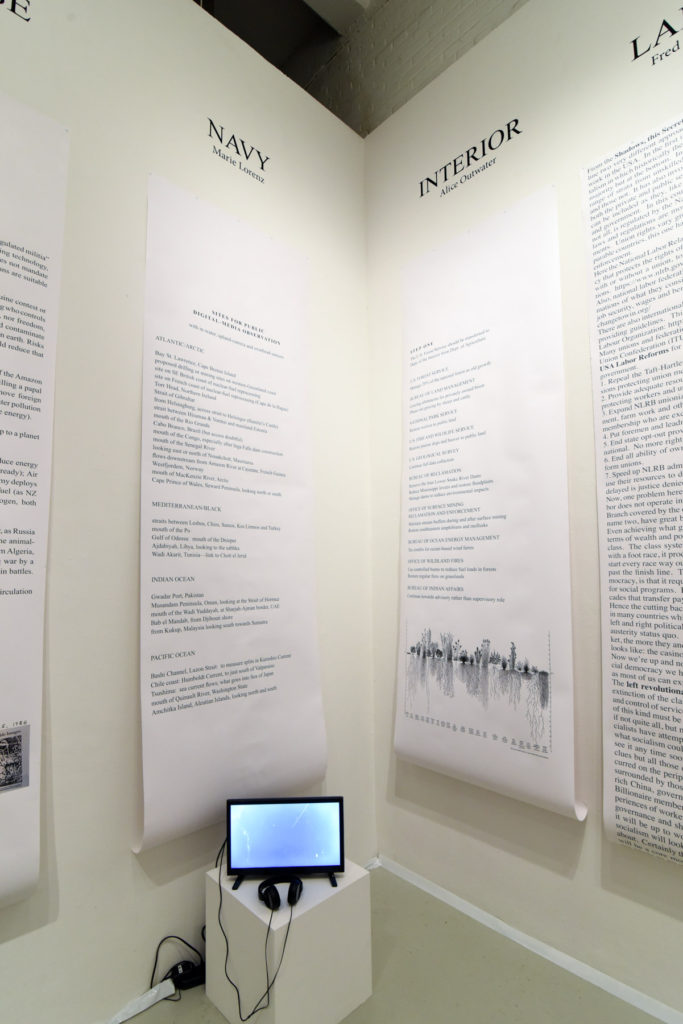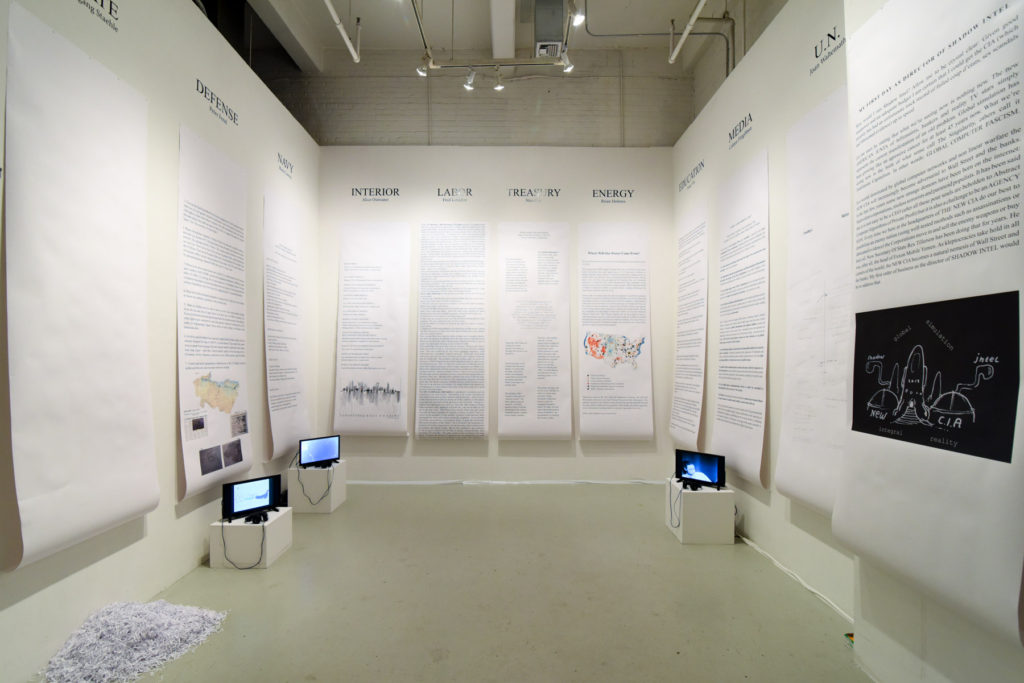
The vow to “Make America Great Again” raises many questions. First, When was the Antecedent? The Original Thirteen Colonies? The pan-Continental Union after the Civil War? The expansion to the Philippines and Cuba in 1898? The World Power that dropped nuclear bombs? The inclusion of Hawaii and Alaska, thanks to victory over Japan, in the late 1950s? The Union adjusted after Civil Rights legislation, or riots, in the 1960s? Which America, how large, was the Greatest?
Which United States of America do we want to re-assert?
The United States, like all the countries of the Americas, as well as the three countries to which it is intelligence-bound, is populated dominantly by people from elsewhere. Other countries in the Americas have a larger native population, but that population is always lower in status. If we speak of making the citizens, or people, “great again,” we must ask, Which People? All the People? In true Equality and Union?
“All [people] are created equal,” the Founders declared, but such is not socially the situation. At the least, since there’s no official language, the United States could give equal status to several languages, as Switzerland does. But instead there’s a ruling-class language, and then some working-class languages beneath. Any Administration of the United States must deal with such issues.
We offer a Shadow counterpart to the incoming Administration, which starts on January 20, 2017.
We notice that this Administration starts on the 100th anniversary of the event which historians say generally led the United States to World Power and, say, “Greatness”: entry, alongside Britain, France, Italy, Serbia, Romania and Russia, in World War I. The results of that entry in World War I are evident now in colonies created from it, named Syria, Iraq, Egypt, Lebanon, Libya. World War I has not ended. There was an Armistice, and a sequel called World War II, but the struggles have not been settled. They rage still throughout the one-time Ottoman Empire, and even in parts of Eastern Europe. No one knows yet what to do about onetime East Prussia. And if Russia has its way in Syria and Iran, plus an intelligence-sharing Iraq, plus an accommodating Turkey, then they will have “won” the chief geopolitical goal of World War I: control of access for Europe and “The West” to Persian/Arabian Gulf oil & gas.
There is a United Nations nowadays, meant to stanch the flow of blood from war. It has five permanent members of a Security Council: China, Russia, Britain, France, the US. All of these five permanent members are trying to be great again. All of these five permanent members have nuclear weapons towards that end. All of these five permanent members have huge amounts of territory and seawaters (EEZs) under their control.
How would the United States become “great again” in relation to the others? How would the United States become “great again” in relation to countries or regions elsewhere, some well-armed, or aiming to be well-armed, that also want to be greater. Consider: Iran, or Persia; Arabia, however cohered, and now mobilized by “terrorists”; Turkey; Brazil; any Pan-American union of Spanish-speaking countries; India; Southeast Asia; any pan-African or meta-colonial union in Africa, perhaps aided by China, or by another State.
As a body of soil and water, the United States has already lost its greatness. It has washed away or contaminated its soil, lakes and rivers at a rate unsurpassed in history. Merely recovering some of its long-ago ecological strength within its present borders would challenge any Administration. Can the United States as expanded today accomplish at least a Recovery?
Which thing that is the United States today must become “great again”? The soil and waters, the glaciers and prairie? Or the people and companies? Or the vast military array of bases and weapons? Or being a “land of opportunity” for each of the people, who are–by declaration–“created equal”?
A Shadow Cabinet addresses these questions. It offers an Administration organized to solving them. Bearing in mind that the United States is a Union of States, or a Federal republic, and not a people’s republic, and bearing in mind too that the United States has no fixed boundaries, such that it could with historic justice expand, or divide therein, to Continental scale, we offer this slogan: Ask not just the State of the Union, but also the State of the Land.
For a full statement and ongoing contributions, please visit www.shadowcabinet.info











